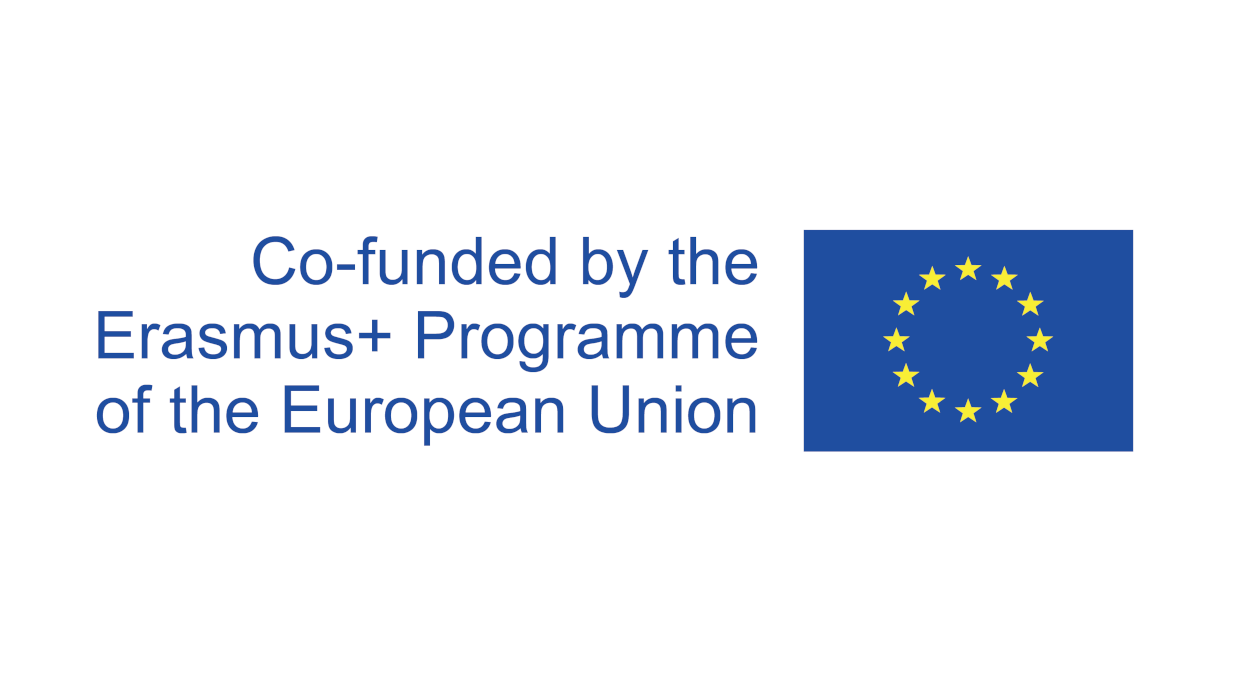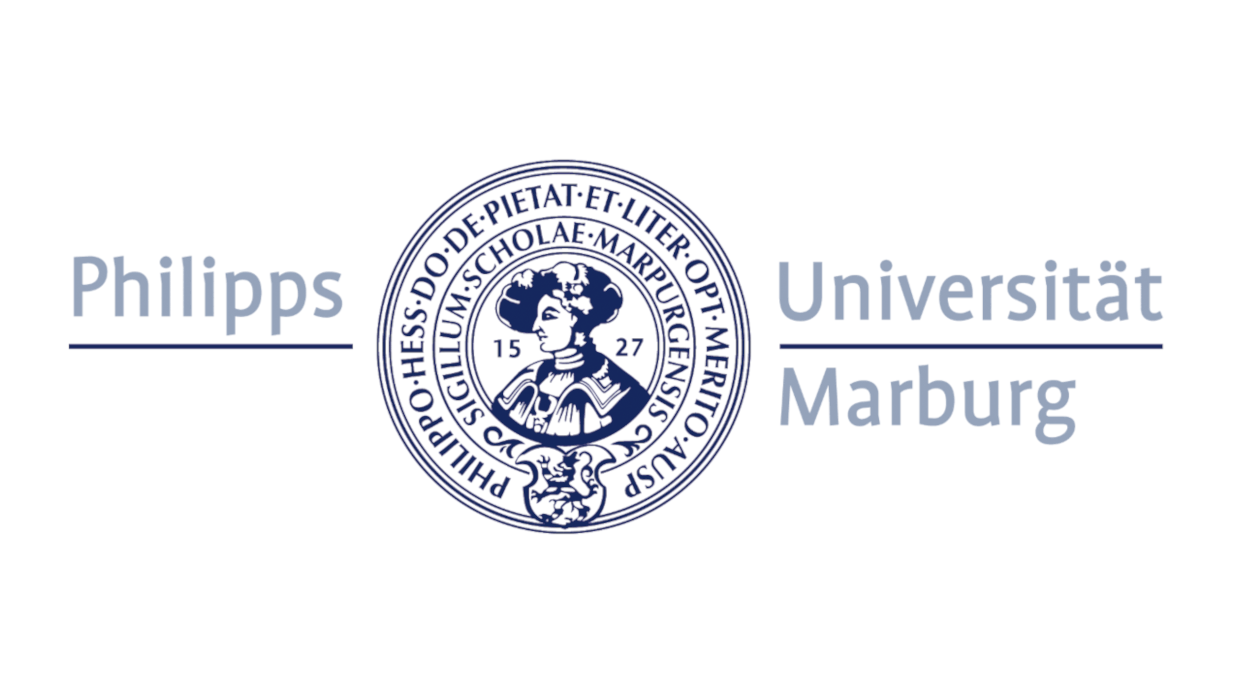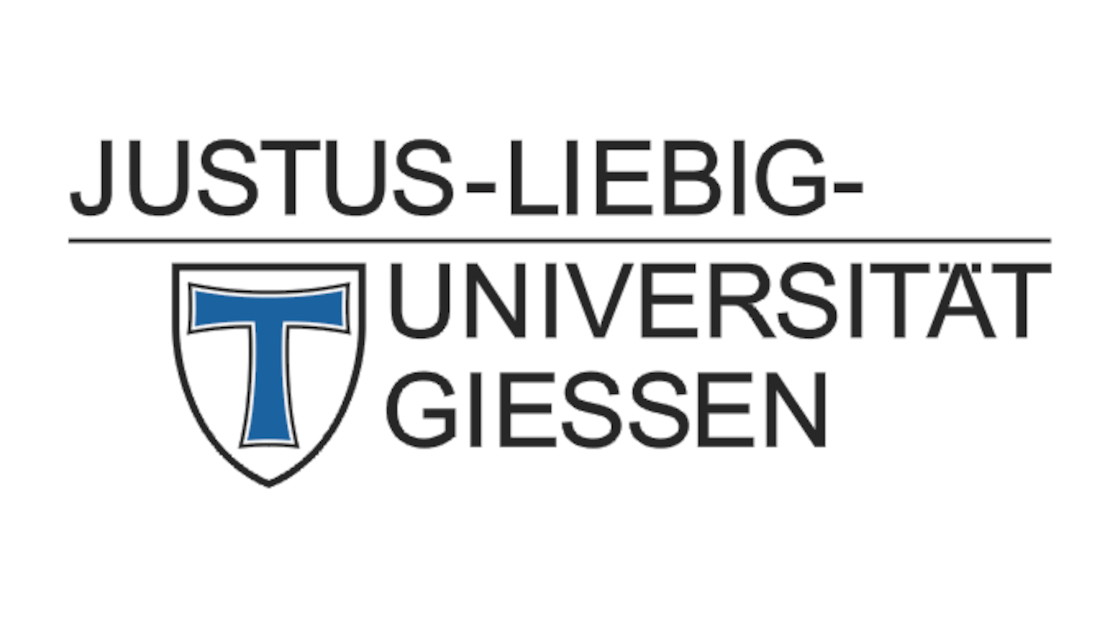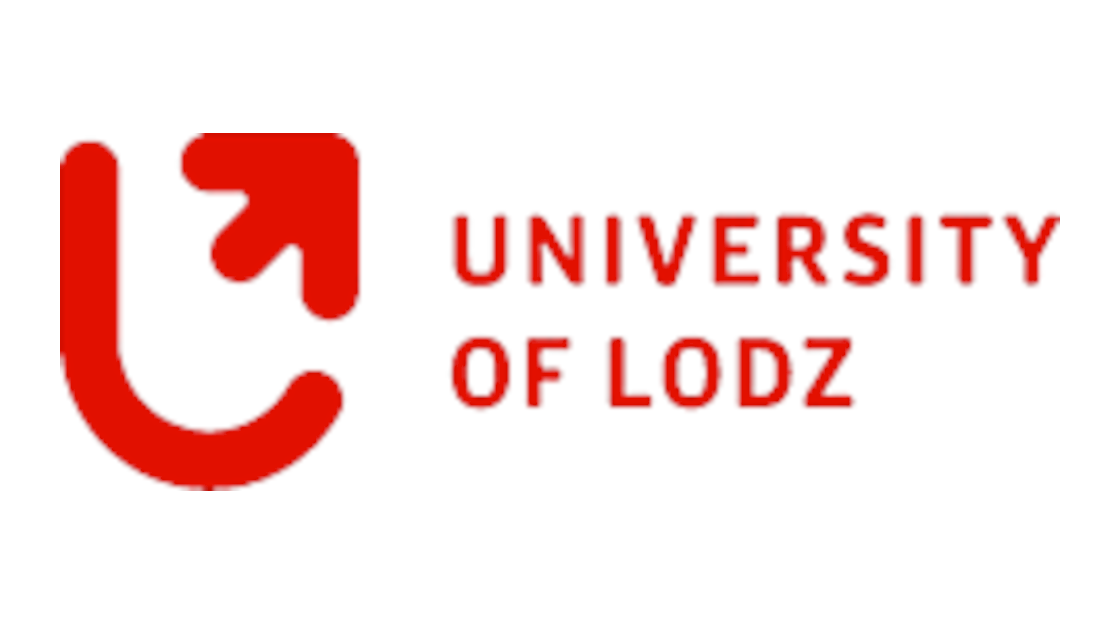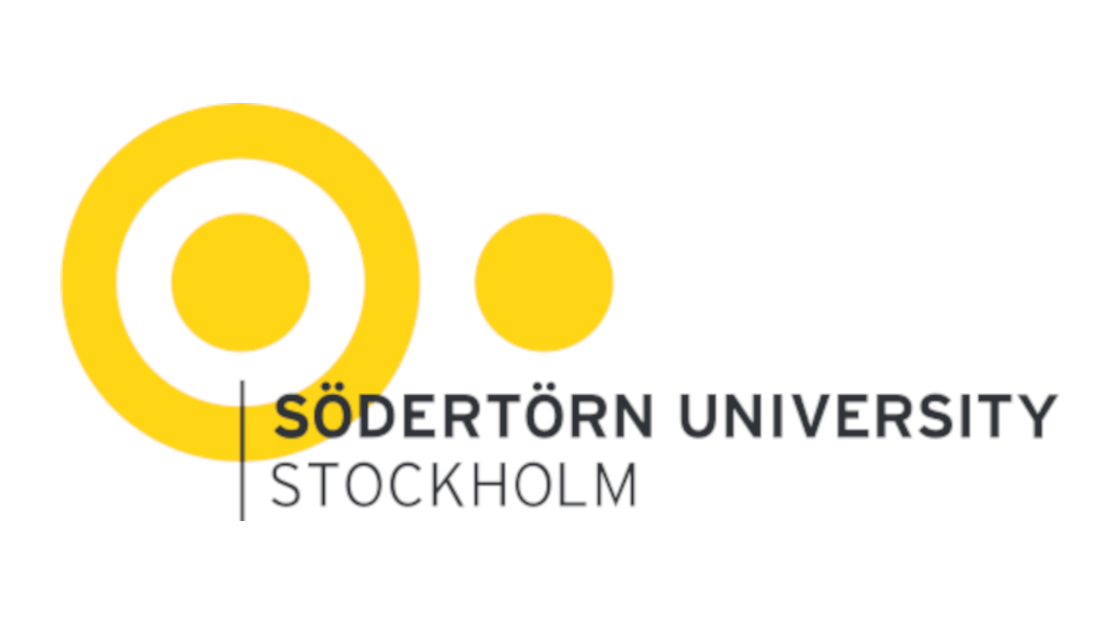29.06.2022 First face-to-face SHARINPEACE workshop
Transnational Project Meeting and Learning/Teaching/Training Activity at the Center for Conflict Studies

For the first meeting in person, the SHARINPEACE project members from Sweden, Serbia, Poland and Giessen travelled to Marburg. The three-day Transnational Project Meeting was organized by Marburg’s Center for Conflict Studies and combined workshops with a so-called Learning/Teaching and Training Activity, joined by project-external educators, researchers and administrative staff of the University of Marburg.
The following people participated in and contributed at the meetings: Orli Fridman (Belgrade, Serbia), Dragana Stojanović (Belgrade, Serbia), Zbigniew Głąb (Łódź, Poland), Magdalena Rekść (Łódź, Poland), Johanna Mannergren Selimovic (Stockholm, Sweden), Dima Mahjoub (Giessen, Germany), Rosario Figari Layús (Giessen, Germany), Thora Pindus (Marburg, Germany), Stéphane Voell (Marburg, Germany), Thorsten Bonacker (Marburg, Germany), Kerstin Zimmer (Marburg, Germany), Tabea Hanke (Marburg, Germany).
After finally getting to know each other outside of the digital space, we started the first day with a joint discussion on central concepts and terms like peace, peacebuilding and human rights as well as our understandings of these; a literature and curricula review prepared in advance served as the basis for this discussion. Furthermore, conversations continued during the coffee and lunch breaks and evening programmes.
During the second day, we focused on a great variety of aspects that concern the EU-wide implementation of human rights standards in peacebuilding approaches and their transfer into a simulation game. For this, Kerstin Zimmer and Tabea Hanke from the University of Marburg presented the existing simulation games offered by Marburg’s Center for Conflict Studies that are part of the two MA programmes in Peace and Conflict Studies. Rosania: Building Peace is the first simulation game in Germany to allow students to simulate conflict escalation in the fictitious state Rosania and peace processes at different levels; CRIS (Conflict Intervention Simulation) is a course that allows participants to not only learn de-escalation strategies for external conflicts theoretically, but also to try them out is a practical setting. Some students of our Polish partner university even participated in this year's simulation, which was in its final preparation phase during the meeting period.
On our third and last day, an educator of the Department for University Didactics gave a very enlightening interactive workshop on developing intended learning outcomes for our joint module. In the course of the three days, a lot of vital information was gathered, but the workshop also raised important questions that will provide valuable guidance in structuring the coming work steps within the project. We are looking forward to those next phases of SHARINPEACE.
Contact
Dr. Stéphane Voell
Mail: konflikt@uni-marburg.de
